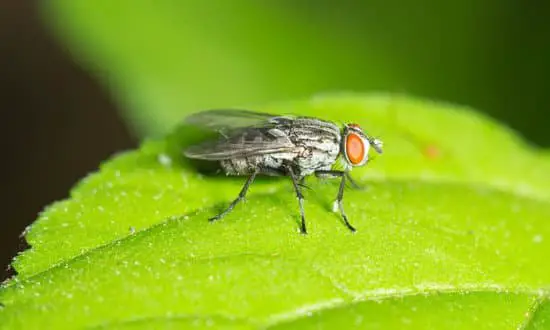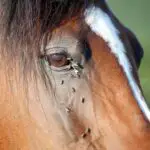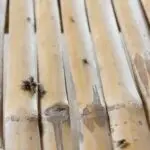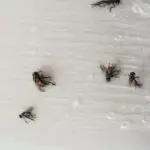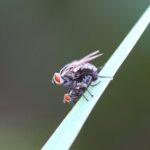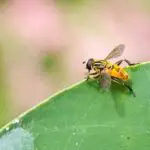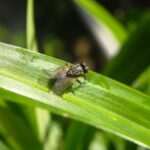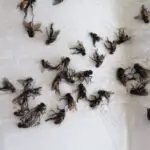Fly-Proofing Your Home
Most flies can survive their entire life cycle inside your home. However, some species need to be hatched outside and spend the cold winter months in a soil-like environment before flies emerge as adults. This is common for many insects. Some flies also overwinter inside, which can drastically increase their lifespan.
Keeping your home clean is an important part of fly-proofing. Make sure you don’t leave dirty dishes in the sink or un-lidded pet food out. You can also avoid inviting flies into your home by making sure there are no standing water sources around. Fly-proofing your home should become a habit, and you must be diligent about it. Especially if you live in a busy household, it may be difficult to keep everything clean and dry.
In addition to their lack of teeth, flies also lack the ability to chew solid food. This means they regurgitate their digestive juices onto the food they ingest, liquifying it into tiny pieces. However, this doesn’t mean that all flies have liquid diets. There are several species that have the ability to ingest solid food, and are capable of ingesting concentrated food.
Flies love stagnant water and moist places. They are attracted to these places and will lay their eggs. Therefore, it’s important to get rid of these sources as soon as you notice them in your home. You can use insecticides and repellents to get rid of them. The best products to use for this purpose are those that contain permethrin.
